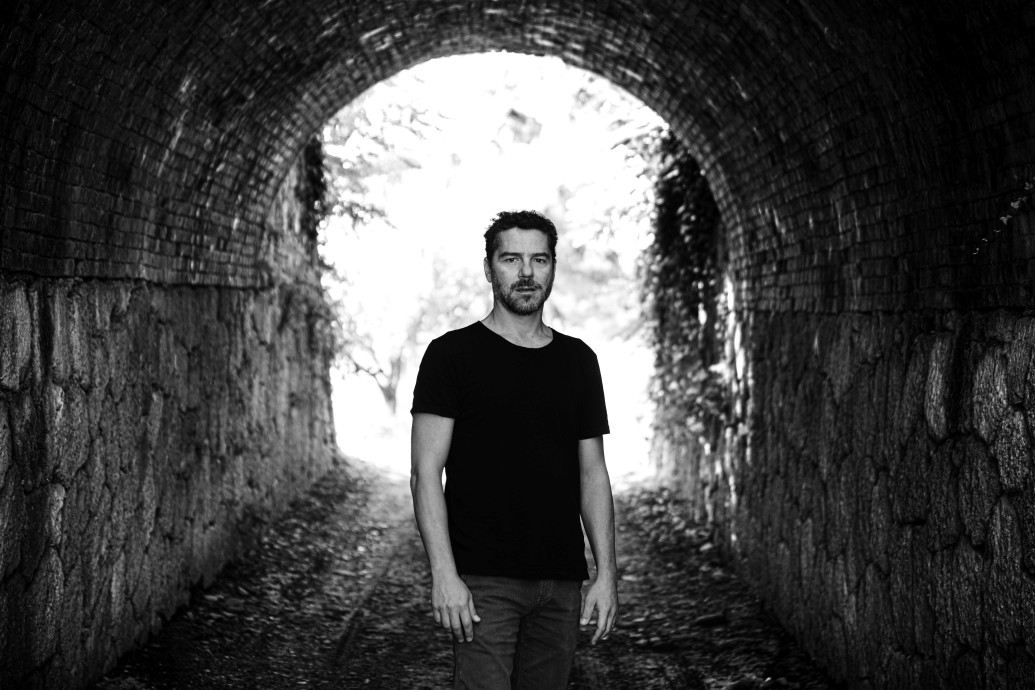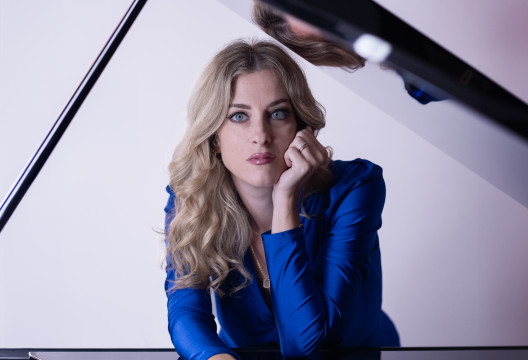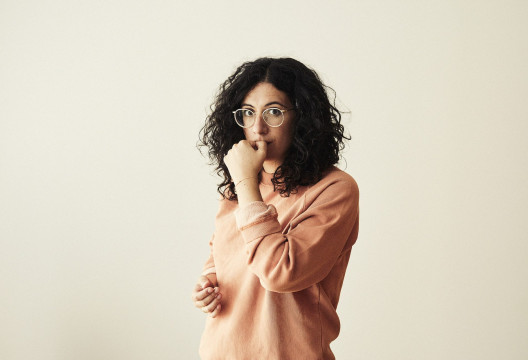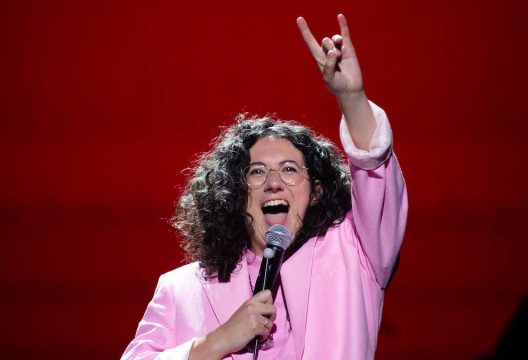Italian pianist Emiliano D'Auria is a multi-instrumentalist with a wide range of jazz. He has always been fascinated by electronic music, has been a producer and DJ, and has introduced these influences into the work of a jazz musician. On 25th of October Emiliano’s quintet will perform a new program at the Art of Riga Jazz concert series in the intimate atmosphere of Latvian Radio Studio 1.
Before Emiliano’s relocation to the cool north, we chatted on the internet waves talking about jazz, piano and life.
Is there an Italian jazz sound these days?
I think Italian jazz is going through a good times. There are many young artists who are experimenting and trying to define their own way. The thing that characterizes this movement is the continuous melodic search, typical of our Mediterranean area.
Do you consider yourself a multi-instrumentalist with a wide range of jazz?
Over the years I have always sought my own way, my own language that is surely the result of the endless streets of jazz that I met in these years.
You always has been fascinated by electronic music also, has been a producer and DJ, introduced these influences into the work of a jazz musician. Why do you love electronics so much?
I got to know electronics in the 90s, just the first software like Cubase came out. I was fascinated by the creative potential offered by these means. In my time as a DJ I used sampler and synth to create new tracks live and this approach I also brought back to the jazz with Jano. Now I have approached the search for a purer sound using only digital effects along with the piano. I am still working on a Piano Solo with the use of electronics.
You are no stranger in the search for new sounds, as a result of which, for example, pedals intended for electric guitar you used for piano playing...
In recent years I have left synth and sound modules preferring to these guitar effects. Now I am looking for a cleaner sound where the piano’s sound is always defined.
It seems that you are keeping in mind that “less is more” and are not passionate about oversaturating the altogether sound.
In the last album First Rain recorded in Norway we sought a certain sound minimalism. We let the reverberations speak and paid particular attention to the sound. For this type of research it is very important to respect the silences and listen a lot.
In Riga you will perform as part of a quintet, probably offering a little trip to the Norwegian islands as well, where your latest, fifth album First Rain was recorded, and will present it together with the musicians who played on it – trumpeter Luca Aquino, double bassist Dario Miranda and drummer Ermanno Baron. Please, tell us more about this program and about the beautiful musicians involved!
Yes, in Riga we will play some songs from First Rain and others taken from the outcoming album The Baggage Room that will be released in November and that I recorded with American musicians a year ago in Brooklyn. In the band I will bring to Riga there will be a new element – Manuel Trabucco, an incredible saxophonist. The musicians I play with have a great quality: they can listen to each other. This allows us to be very free during the performances and improvisations.
Please, tell a little bit more about sixth album coming out soon.
I recorded the new album The Baggage Room at Bunker Studio of Brooklyn in New York last year and there are Philip Dizack involved on trumpet, Dayna Stephens on saxophone, me on piano and compositions, Rick Rosato on double bass and Kweku Sumbry on drums. In Riga you’ll hear those new songs. I'm so excited!
Your concert in Riga will be happening in the intimate atmosphere of Latvian Radio Studio 1 which seems the perfect place to enjoy your slightly mystical journey. Do you pay extra attention to the mood of the specific place and moment, the audience, and change something in your way of playing?
I remember asking my piano master how fast I should play a particular piece during the concert and he said that the time would be defined when I heard the sound of the room. This to say that the performance is always conditioned by the type of hall, piano and audience. We adapt the song list to these characteristics.
What is the best thing about the piano?
I think that the piano is one of the best instruments for the simple fact that it alone can cover an infinity of timbres, it can play almost like an orchestra, it can be a solo instrument or simply can accompany other instruments. It’s difficulty is to be able to express all these things on the 88 keys.
And about life?
This question is too complicated! Life is life and those who can understand its meaning are really lucky. For me life is the search for beauty that allows us to feel good, to be curious, to love and ask many questions most of which are unanswered.
Interview by music journalist Kaspars Zaviļeiskis




